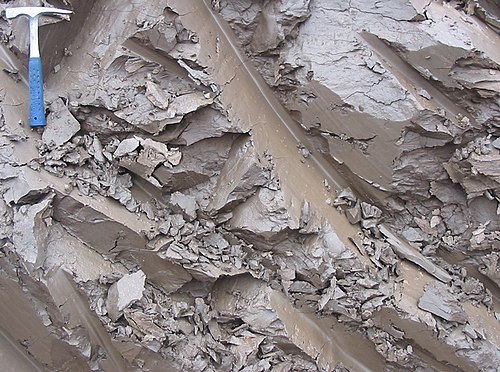Dustnoun
(uncountable) Fine, dry particles of matter found in the air and covering the surface of objects, typically consisting of soil lifted up by the wind, pollen, hair, etc.
Dustnoun
(countable) The act of cleaning by dusting.
Dustnoun
(obsolete) A single particle of earth or other material.
Dustnoun
The earth, as the resting place of the dead.
Dustnoun
The earthy remains of bodies once alive; the remains of the human body.
Dustnoun
(figurative) Something worthless.
Dustnoun
(figurative) A low or mean condition.
Dustnoun
cash; money (in reference to gold dust).
Dustnoun
(mathematics) A totally disconnected set of points with a fractal structure.
Dustverb
(transitive) To remove dust from.
Dustverb
(intransitive) To remove dust; to clean by removing dust.
Dustverb
(intransitive) Of a bird, to cover itself in sand or dry, dusty earth.
Dustverb
(transitive) To spray or cover something with fine powder or liquid.
Dustverb
To leave; to rush off.
Dustverb
To reduce to a fine powder; to levigate.
Dustnoun
Fine, dry particles of earth or other matter, so comminuted that they may be raised and wafted by the wind; that which is crumbled to minute portions; fine powder; as, clouds of dust; bone dust.
Dustnoun
A single particle of earth or other matter.
Dustnoun
The earth, as the resting place of the dead.
Dustnoun
The earthy remains of bodies once alive; the remains of the human body.
Dustnoun
Figuratively, a worthless thing.
Dustnoun
Figuratively, a low or mean condition.
Dustnoun
Gold dust
Dustverb
To free from dust; to brush, wipe, or sweep away dust from; as, to dust a table or a floor.
Dustverb
To sprinkle with dust.
Dustverb
To reduce to a fine powder; to levigate.
Dustnoun
fine powdery material such as dry earth or pollen that can be blown about in the air;
Dustnoun
the remains of something that has been destroyed or broken up
Dustnoun
free microscopic particles of solid material;
Dustverb
remove the dust from;
Dustverb
rub the dust over a surface so as to blur the outlines of a shape;
Dustverb
cover with a light dusting of a substance;
Dustverb
distribute loosely;
Dust
Dust is made of fine particles of solid matter. On Earth, it generally consists of particles in the atmosphere that come from various sources such as soil lifted by wind (an aeolian process), volcanic eruptions, and pollution.
Claynoun
A mineral substance made up of small crystals of silica and alumina, that is ductile when moist; the material of pre-fired ceramics.
Claynoun
An earth material with ductile qualities.
Claynoun
(tennis) A tennis court surface.
Claynoun
(biblical) The material of the human body.
Claynoun
(geology) A particle less than 3.9 microns in diameter, following the Wentworth scale.
Claynoun
A clay pipe for smoking tobacco.
Claynoun
A clay pigeon.
Claynoun
(informal) Land or territory of a country or other political region.
Clayverb
(transitive) To add clay to, to spread clay onto.
Clayverb
To purify using clay.
Claynoun
A soft earth, which is plastic, or may be molded with the hands, consisting of hydrous silicate of aluminium. It is the result of the wearing down and decomposition, in part, of rocks containing aluminous minerals, as granite. Lime, magnesia, oxide of iron, and other ingredients, are often present as impurities.
Claynoun
Earth in general, as representing the elementary particles of the human body; hence, the human body as formed from such particles.
Clayverb
To cover or manure with clay.
Clayverb
To clarify by filtering through clay, as sugar.
Claynoun
a very fine-grained soil that is plastic when moist but hard when fired
Claynoun
water soaked soil; soft wet earth
Claynoun
United States general who commanded United States forces in Europe from 1945 to 1949 and who oversaw the Berlin airlift (1897-1978)
Claynoun
United States politician responsible for the Missouri Compromise between free and slave states (1777-1852)
Claynoun
the dead body of a human being
Claynoun
a stiff, sticky fine-grained earth that can be moulded when wet, and is dried and baked to make bricks, pottery, and ceramics
Claynoun
sediment with particles smaller than silt, typically less than 0.002 mm.
Claynoun
a hardened clay surface for a tennis court
Claynoun
the substance of the human body
Claynoun
a European moth with yellowish-brown wings.
Clay
Clay is a type of fine-grained natural soil material containing clay minerals. Clays develop plasticity when wet, due to a molecular film of water surrounding the clay particles, but become hard, brittle and non–plastic upon drying or firing.




















